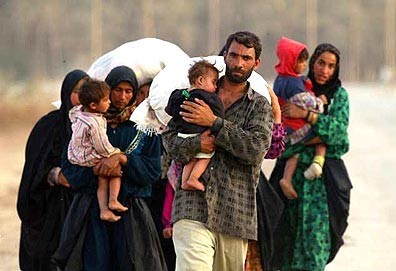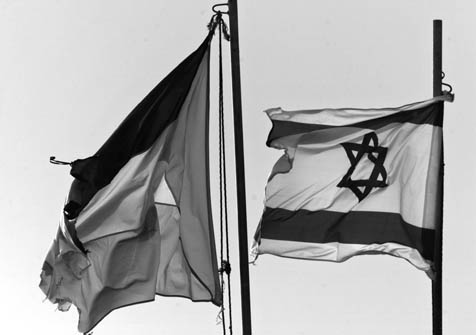Jordan Feature: Will Protest Move from Tunisia to Amman? (Tarawnah)
 The state is currently facing a crucial catch-22 in its history, a situation that has been created in recent years from uninspired economic policies to a lack of genuine political and social reform. After years of attempting to reign in any attempts for true democratic reform on the political level, a struggling economy has emerged. Today, Jordan, and perhaps much of the Arab world is learning one important lesson from Tunisia: the call for political change from the domestic constituency is unlikely to happen in the region unless the economy gets bad, real, real, bad. Governments can take away, censor or control various freedoms, including the right to a free press or the right to an elected government, and people are unlikely to be moved enough to demand widespread change. That’s just the political reality of it; people can’t afford to make such demands. But if you put a man’s livelihood at stake, if their financial situation is in dire straits, then they’ll be forced to react.
The state is currently facing a crucial catch-22 in its history, a situation that has been created in recent years from uninspired economic policies to a lack of genuine political and social reform. After years of attempting to reign in any attempts for true democratic reform on the political level, a struggling economy has emerged. Today, Jordan, and perhaps much of the Arab world is learning one important lesson from Tunisia: the call for political change from the domestic constituency is unlikely to happen in the region unless the economy gets bad, real, real, bad. Governments can take away, censor or control various freedoms, including the right to a free press or the right to an elected government, and people are unlikely to be moved enough to demand widespread change. That’s just the political reality of it; people can’t afford to make such demands. But if you put a man’s livelihood at stake, if their financial situation is in dire straits, then they’ll be forced to react.
Will the events in Tunisia cause asimilar situation to unfold in Jordan?
 Jordan,
Jordan,  Naseem Tarawnah,
Naseem Tarawnah,  Samir Rifai,
Samir Rifai,  The Black Iris,
The Black Iris,  Tunisia
Tunisia 




